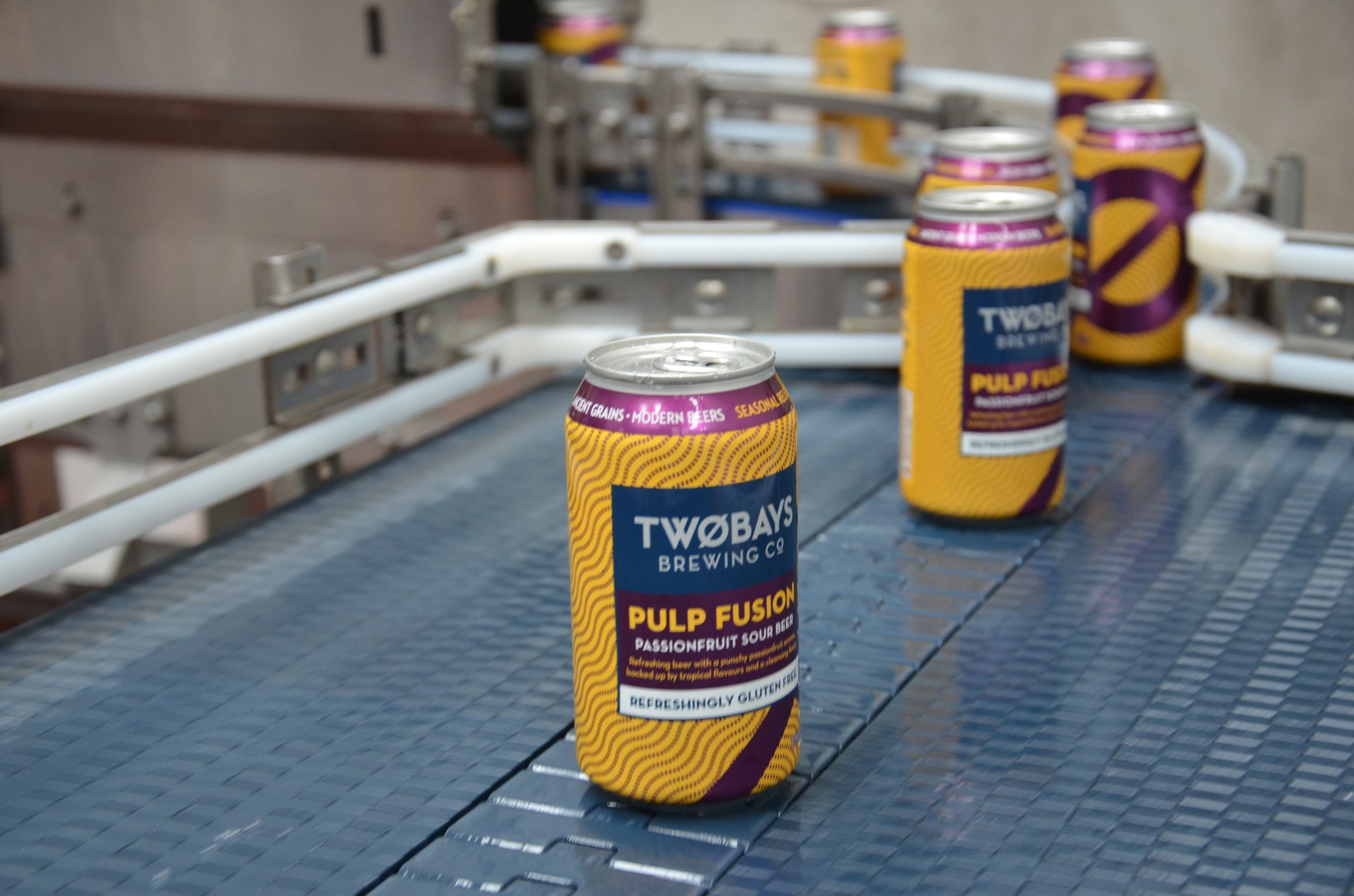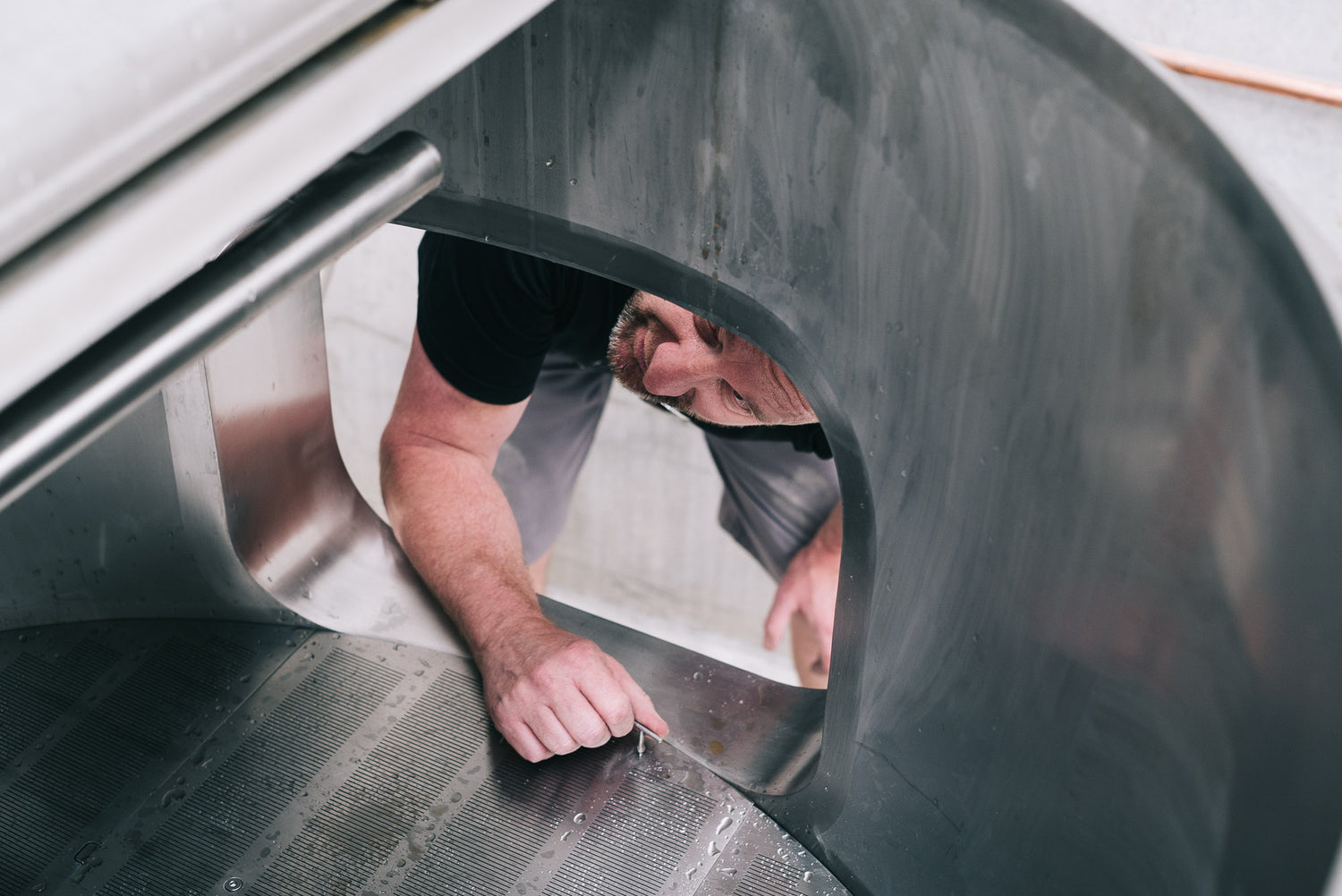America, the land of opportunity, has given us many great things (and some not so great things) – they led the charge for gluten free craft beer. And with their penchant over the pond for national days; some we embrace wholeheartedly, and others we choose to ignore.
Beer Can Appreciation Day sounds like a bloody bonza idea. So much so, that the majority of this tinnie-loving nation kicks themselves every year for lacking the ingenuity to label 24th of January so.
Not to be confused with 27th September 'crush a can day' which does sound like something a compatriot down under may have dreamt up, Beer Can Appreciation Day is exactly what it says on the tin (excuse the pun).
But it marks a very important date, almost 90 years ago, in remembrance of the historic, monumental, and thirst-quenching day beer was first sold in cans. Today, canned beer makes sense. Beer cans are easier to pack in a carton, slab or esky.
On 24th January 1935 – in the dying days of prohibition – New Jersey-based brewery Kruegers released the beer can, a 3.5% lager which was the strongest beer that was allowed under prohibition.
Although it wasn't until 1969 that the sales of canned beer exceeded that of bottled beers for the first time (allowing for a few backward steps during World War II, after which canning didn't become mainstream again until 1962).
The first beer cans in Australia, released by VB in 1958, were made of steel and had to be opened with a ‘church key’ – an implement that punched a triangular hole in each side of the lid. (opening instructions were printed on the lids).

Here's just a few reasons why we should appreciate cans:
1. It takes less time to chill a can of beer than a bottle of beer.
2. You can stack cans on top of each other in fridge (who's counting?!)
3. The move to can beer allowed US brewers to ship millions of cans of beer to soldiers overseas during World War II. It's durable – although best to treat with care!
The next development, in 1969, was the ring-pull can, first used by the Swan Brewery in Perth. The ring pull avoided the need for a can opener, but created a litter problem that was only solved with the pop-top that arrived in the mid-1970s. In 1970, Boags in Tasmania was the first Australian producer to introduce lightweight aluminium cans.

At TWØBAYS, we installed our own canning machine at the start of the project, to avoid any cross-contamination, at risk when using a contract canning machine which move from brewery to brewery. We chose 375ml cans for the 'full' beer experience!
We made a decision from the start to avoid using glass in any part of our business. In a previous life, Richard (our Founder) worked in the waste industry and saw the mountains of glass already waiting to be recycled – so we decided to avoid adding to the stockpile! We use aluminium cans to share our precious beer outside of the Taproom for a number of reasons, including:
- they're just better for the beer! No oxygen or light can enter a can after it’s sealed which ensures the beer will last longer and the hops continue to provide their amazing aromas;
- it’s lighter and stronger for transporting, which means we can get more beer onto a single pallet and reduce fuel economy on the road; and
- it's fully (and indefinitely) recyclable and saves 95% of the energy required to make new aluminium. Every aluminium beer can you recycle, saves enough energy to power a television set for three hours!
Even the wines and cider served in our Taproom are poured from a keg, so we don’t have any glass waste!
"Cans are always better in my opinion", says Grant Audrins – who recently shook off the ‘trainee’ title to become an official TWØBAYS gluten free beer Brewer.
"Aluminium is the perfect vessel! It’s light, doesn’t allow UV; no foreign object (cage, cork or bottle top) to interfere with the beer and a smaller chance of any oxidation thanks to a better air-tight seal. The can is also easier and quicker to recycle!"
Read more on environmental responsibility at TWØBAYS here!
Cans also offer far more real estate for graphic designers and brand teams to have fun on a larger canvas, with GABS running an annual can design competition.






